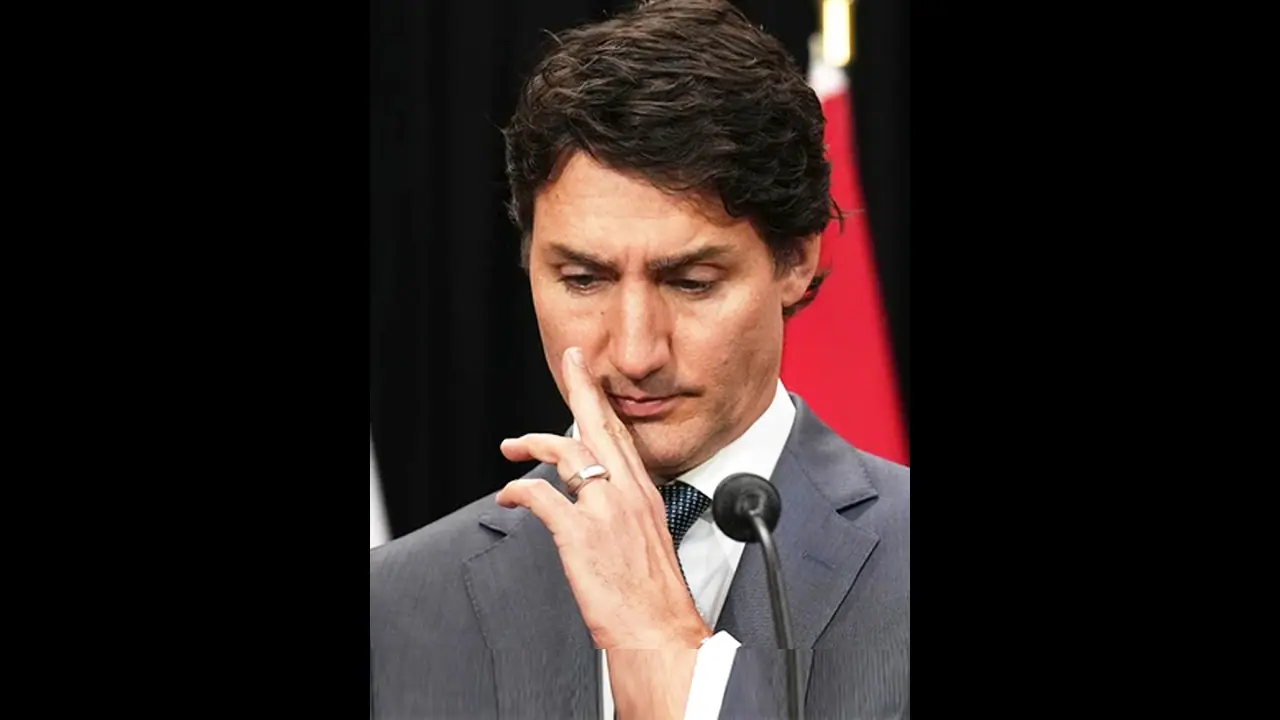Canadian Prime Minister Justin Trudeau on Monday announced that his government will reduce the number of temporary foreign workers doing low-wage jobs.
Indian students in Canada are grappling with mounting anxiety following Prime Minister Justin Trudeau's recent announcement on curbing the influx of low-wage, temporary foreign workers.

As per Immigration, Refugees and Citizenship Canada (IRCC), Indian nationals constitute the predominant group among international students, commanding a striking 37% of the 579,075 study permits dispensed as of November 2023.
This figure marks a dramatic leap from 2018, when merely 107,070 Indian students were granted permits. Many students had harbored expectations that their study permits would eventually pave the way to permanent residency (PR) and ultimately, citizenship.
However, recent shifts in policy have cast a shadow of uncertainty over their future prospects.
UN's Dire Warning on Temporary Foreign Workers
The United Nations (UN) special rapporteur has recently issued a stark warning regarding Canada's dependence on temporary foreign workers, decrying it as a potential "breeding ground for contemporary forms of slavery."
This alarming assessment sheds light on the exploitation and meager remuneration faced by temporary workers, who frequently occupy low-wage roles in sectors such as agriculture, hospitality, and retail.
The UN's dire warning has amplified the ongoing debate over immigration policies and exacerbated the rising anxiety among international students.
